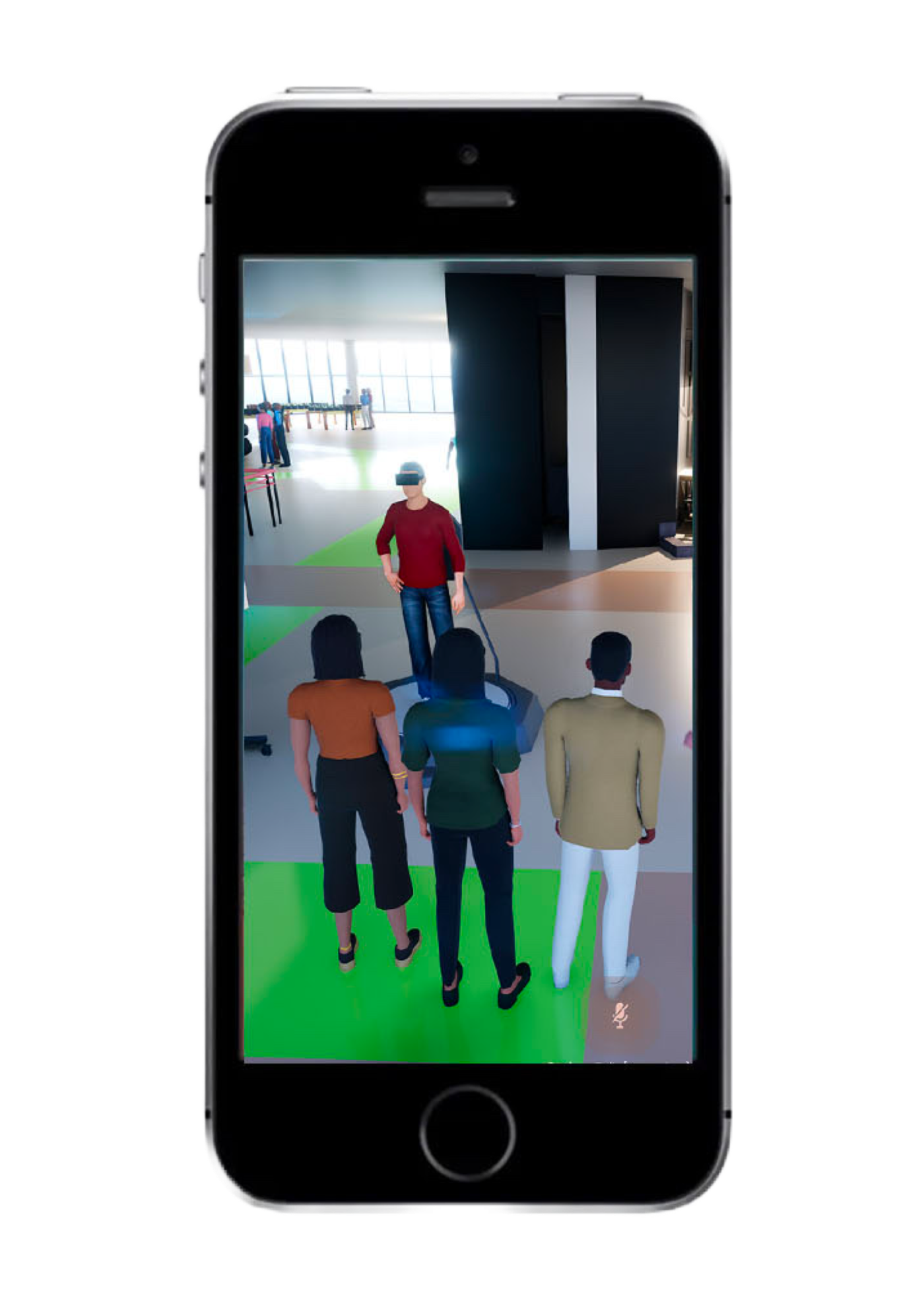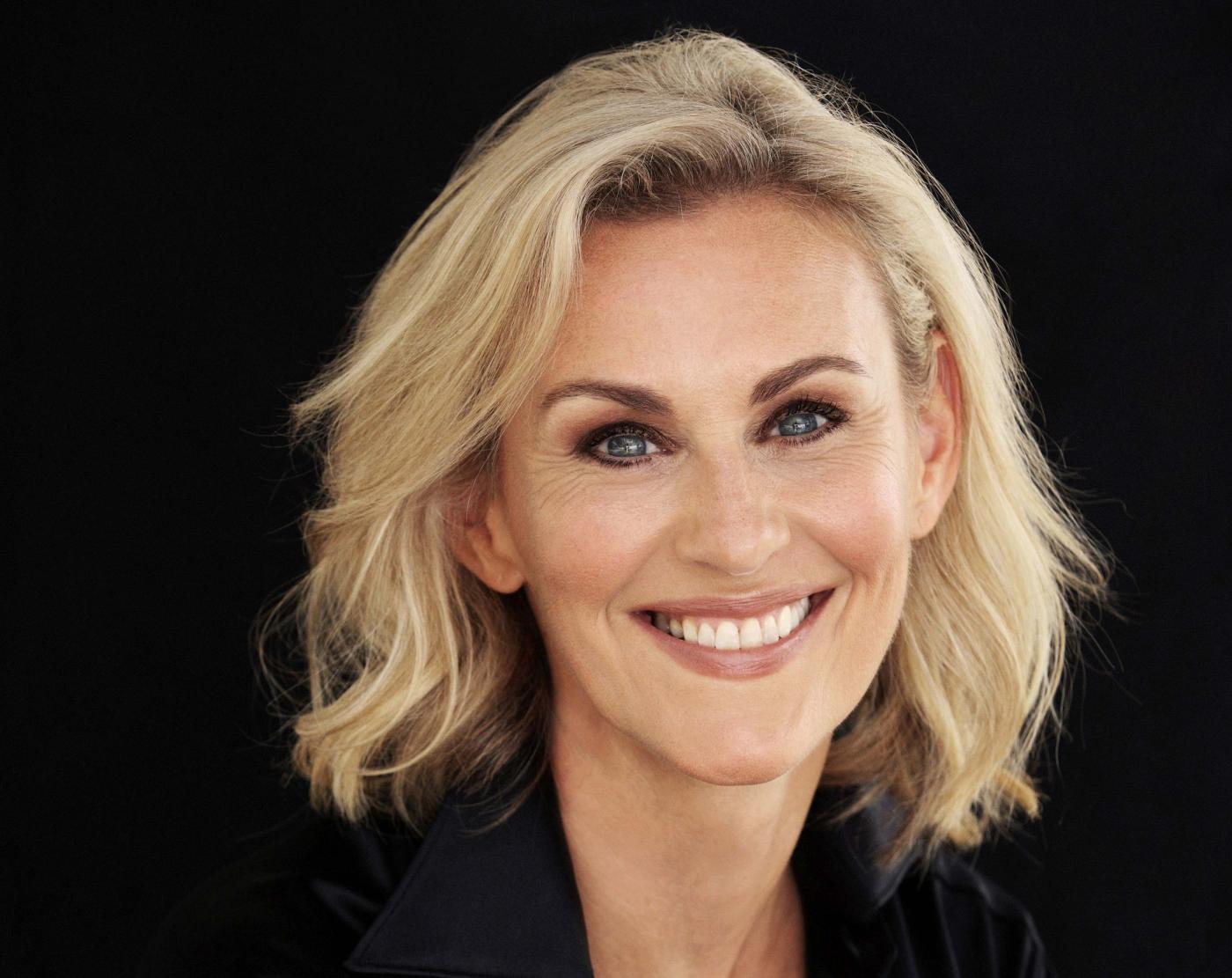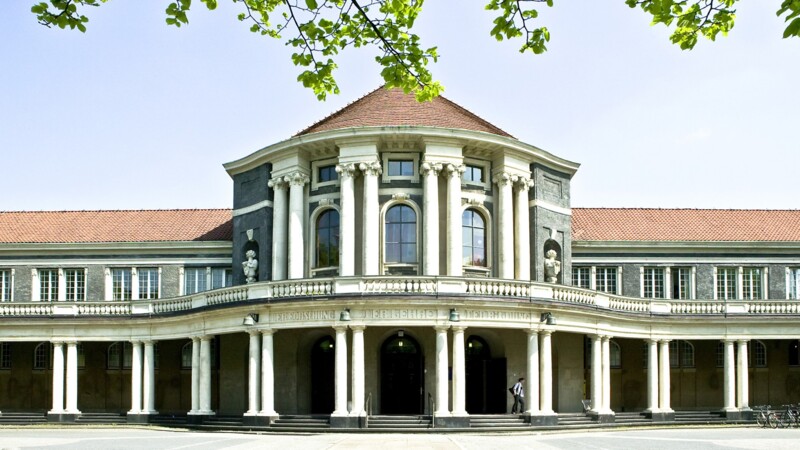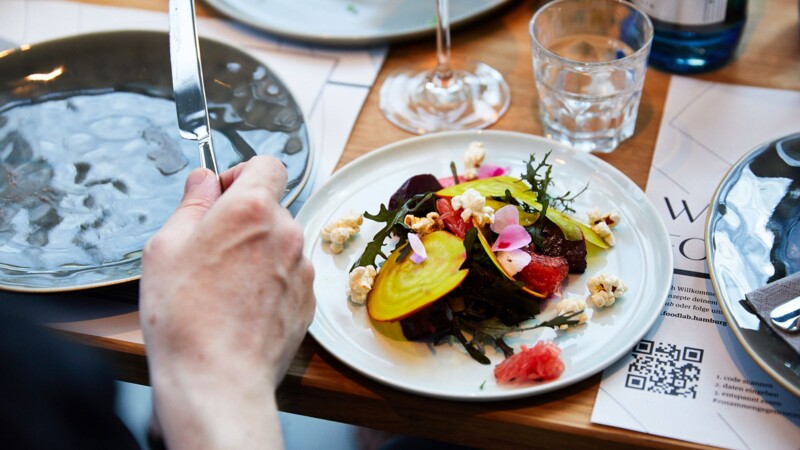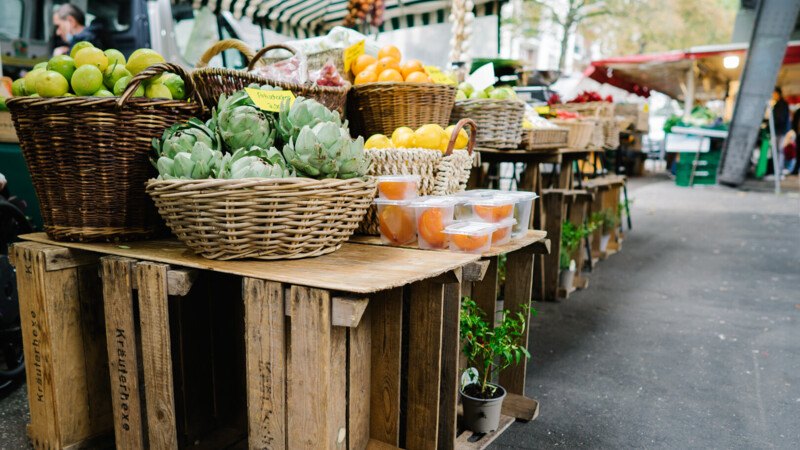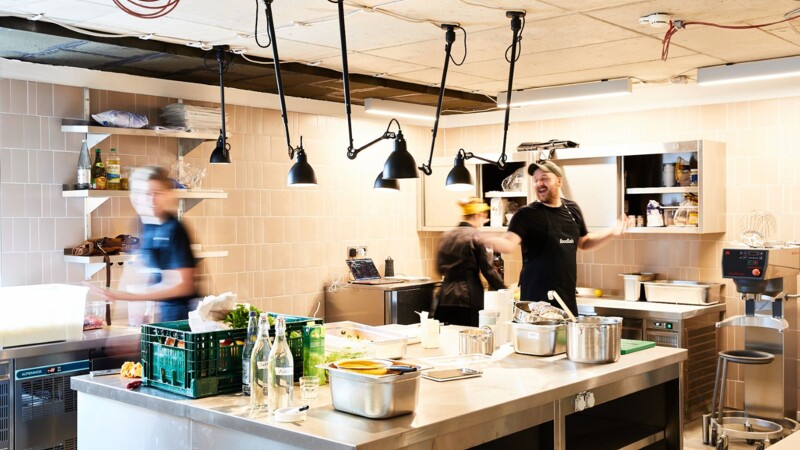Even if the development of promising products and production methods is still in its infancy, the course should be set now for a goal-oriented food turnaround. Keretic stressed: "Calls for climate-friendly food are not new. On the contrary, Germany is late in the game. We are just starting to educate people about food production and innovations that benefit our planet to increase acceptance and establish the Future Food Campus at the same time." Keretic, a committed climate activist, advocates a food reform that is closely aligned with the climate. A virtual 3D exhibition will open in September and offer a glimpse of food in future, she announced.
"Visitors become avatars and can learn all about new food and the Future Food Campus using a mobile device and can experience what we are developing for Hamburg and the world." The organisers are now scouring Hamburg for a venue where this vision can become reality. "We could imagine an area in HafenCity, for instance, in Grasbrook or Billebogen. Our goal is to get started soon."
Already backed by the Foodcluster Hamburg, Keretic pointed out: "I'm a member of the Chamber of Commerce's Committee for Innovation and the Hamburg Investment and Development Bank is one of our sponsors." Keretic, a U.S. national, has all kinds of international links and contacts with e.g., the Climate Reality Project, an NGO founded by former U.S. Vice President Al Gore, and various companies in the food industry. "It is important to bring all the relevant industry stakeholders on board - from start-ups to the big players. That's why I'm glad that we were able to win over Jürgen Leisse, former 'President Central Europe' at the U.S. food company Mondelez International, for our team. And Simone Poppe, an experienced manager in the food industry, and marketing expert Hendrik Flügge are also part of it."
